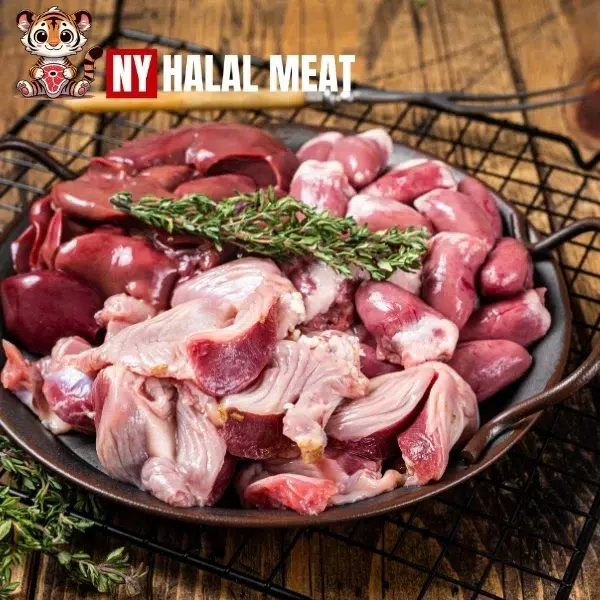Is Organic Meat Worth the Cost?
Understand the benefits, costs, and considerations to decide if organic meat is right for you.
What Defines Organic Meat?
Organic meat is produced under strict guidelines focusing on quality and ethics, including:
- No synthetic hormones or antibiotics.
- A diet of organic, non-GMO feed.
- Access to outdoor spaces with humane living conditions.
Why People Choose Organic Meat
1. Health Benefits
Organic meat is free from antibiotics and synthetic growth hormones, making it a cleaner option with higher levels of omega-3 fatty acids.
2. Environmental Impact
Organic farming reduces soil erosion, supports biodiversity, and avoids synthetic pesticides, contributing to sustainability.
3. Animal Welfare
Animals raised organically have better living conditions and access to pasture, aligning with humane treatment standards.
Why Does Organic Meat Cost More?
The higher cost reflects:
- Stricter farming regulations.
- Better living conditions for animals.
- Longer raising times without growth-promoting substances.
Is Organic Meat Right for You?
Consider the following:
- Your Budget: Incorporate organic meat selectively if it strains your finances.
- Your Values: Prioritize humane animal treatment and sustainability.
- Local Options: Explore local farmers or markets for affordable organic choices.
How to Save When Buying Organic Meat

- Buy in Bulk: Reduces the price per pound.
- Shop Sales: Look for discounts and promotions.
- Subscription Services: Many offer competitive pricing for organic meat boxes.
- Try Different Cuts: Opt for less popular, more affordable cuts.
Final Thoughts
Organic meat offers significant benefits, including health advantages, environmental sustainability, and improved animal welfare. Whether it’s worth the cost depends on your budget and values. Even small changes, like incorporating organic meat selectively, can make a difference.


